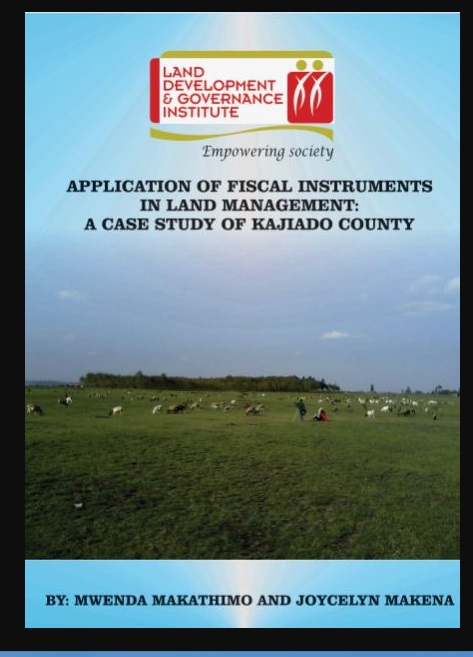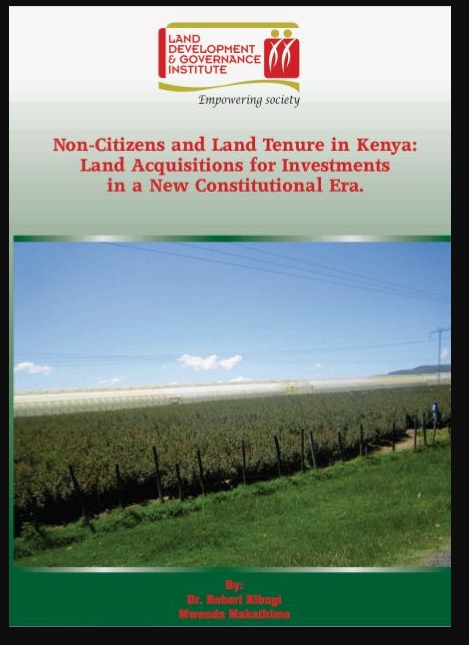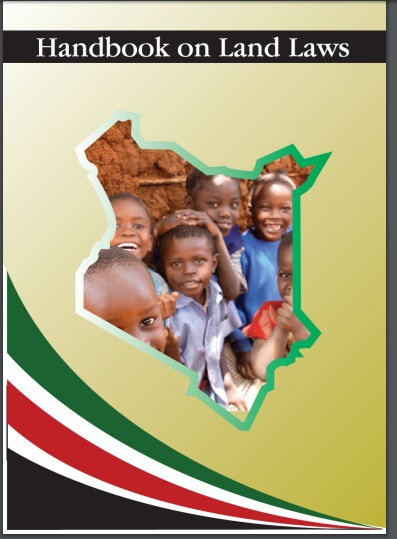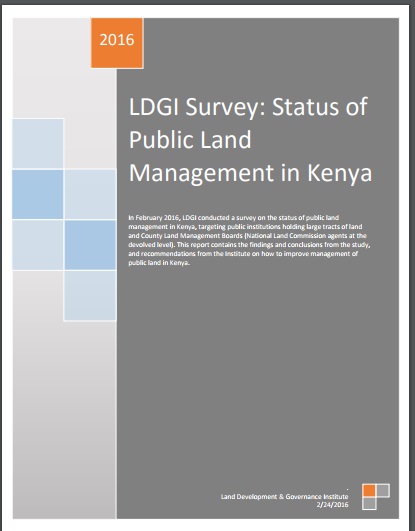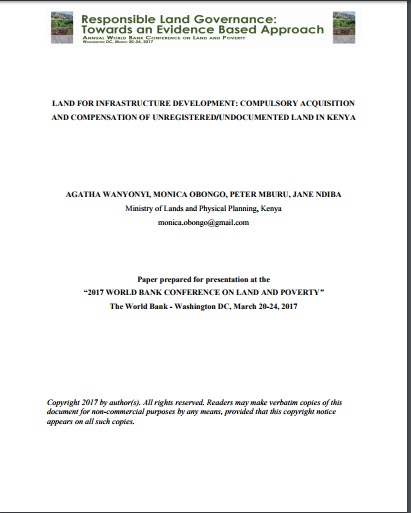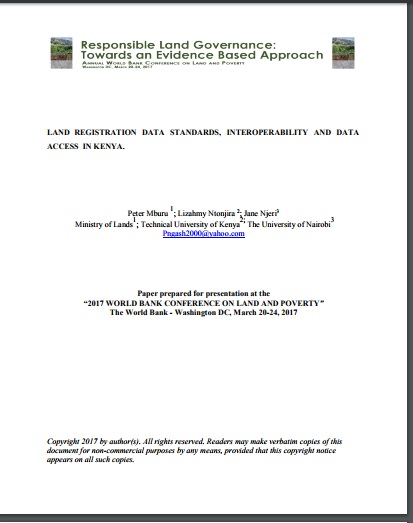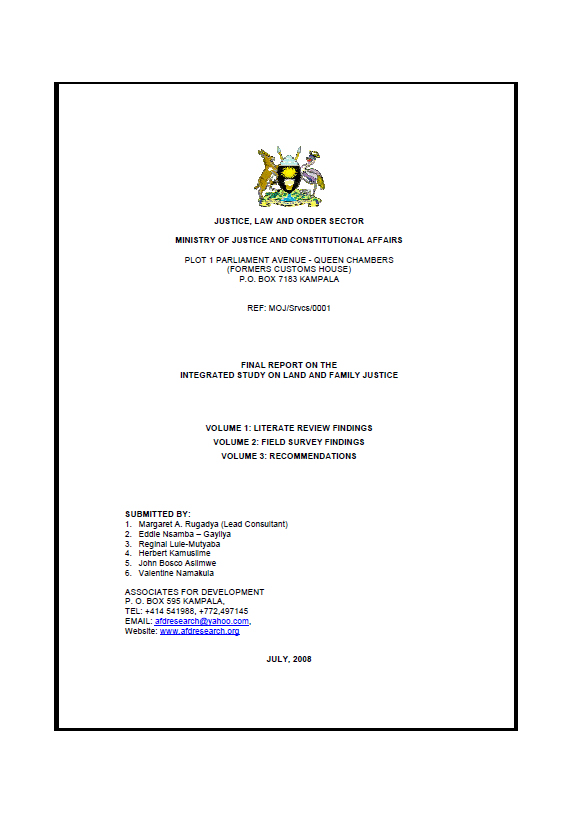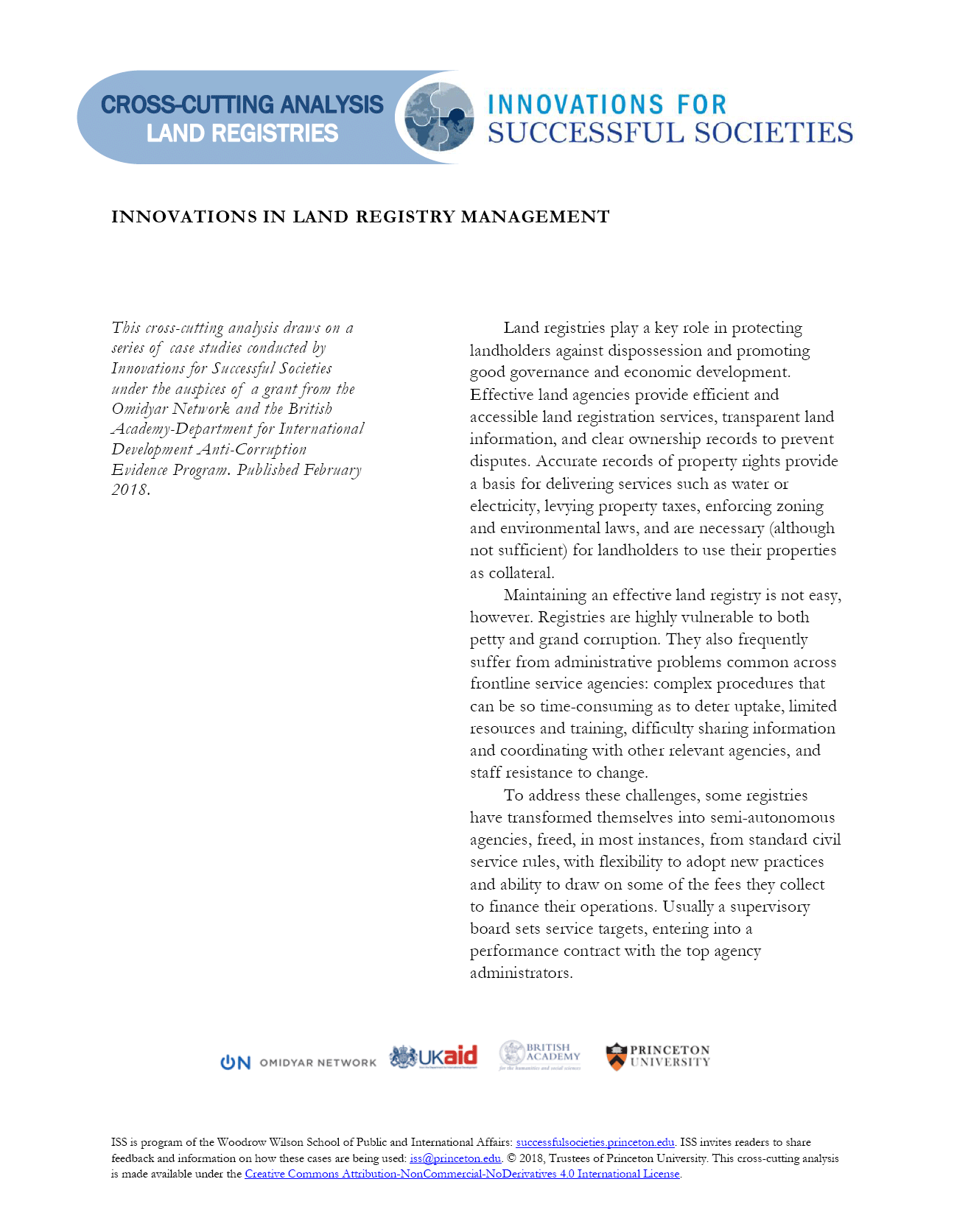Laos - Land law no 4
"Article 1. Objectives of the Land Law:
The objectives of the Land Law are to determine the regime on the management, protection and use of land in order to ensure efficiency and conformity with [land-use] objectives1 and with laws and regulations[,] and to contribute to national socio-economic development as well as to the protection of the environment and national borders of the Lao People's Democratic Republic."



